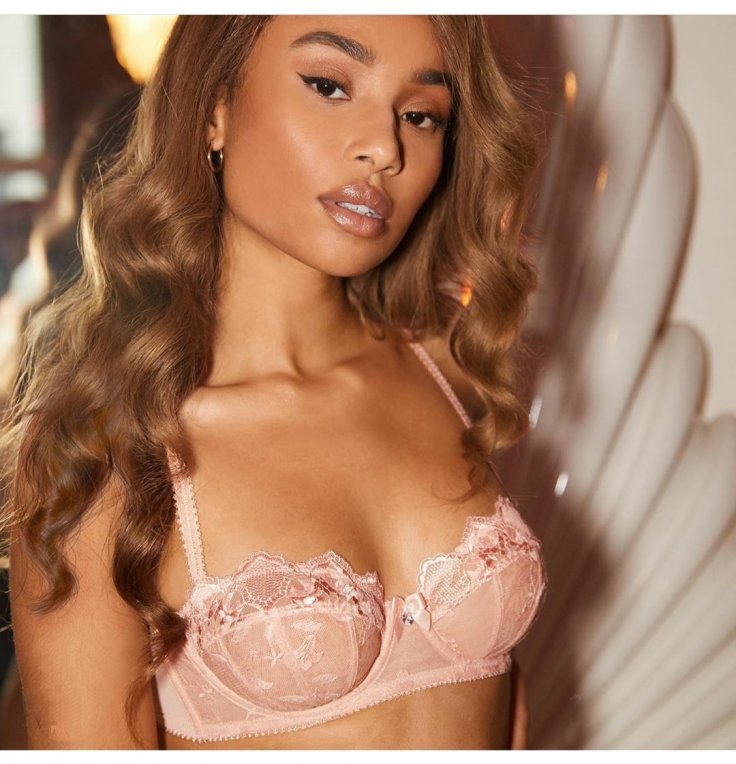Victoria's Secret dominated the lingerie industry worldwide for close to three decades and their hold on the segment seemed to live on forever. From extravagant fashion shows to stunning models and amazing designs, they were destined to exist for eternity and no competitors came half as close as their success.
Things took a complete u-turn since 2017 as their sales started to dip and women realized the brand is using unrealistic standards of beauty which is not possible in real life. Several other brands sprung up providing non sexualized form of lingerie and women across the world lapped it up.

VS attracted the male gaze and several women accused the brand of catering to satisfy the desires of men and has no interest to empower women, other than making them feel miserable about their bodies with their constant pitch to attain the 'perfect body'. The brand ignored all the dissent and is now paying a big price as they cancelled their iconic fashion show in 2019 due to dip in their sales.

Enter Rihanna's Savage X Fenty
When Rihanna launched her lingerie line Savage X Fenty in May 2018, no one in their wildest dreams thought that it had the power to topple Victoria's Secret. Rihanna's brand catered to women of all races, shapes, sizes, and by those with disabilities, too. Also, the collection was modeled by all sorts of women and became an instant hit and the talk of the town.
Savage X Fenty was made by women for women and didn't focus on the male gaze. "Over the last year, women have started buying bras and underwear for themselves because they believe that they deserve to feel comfortable and beautiful. For too long women have been told what is sexy by bra and underwear companies that depict a single type of sexy, often from the male perspective,'' said Heidi Zak, co-founder of Thirdlove to Vogue.
Heidi's trend is here to stay
Heidi predicted that lingerie made by women for women is not a passing trend and is here to stay for a longer period of time. "I don't think inclusivity is a trend, it's a movement that is here to stay. Women are no longer interested in being sold an unrealistic and unattainable body image and are pushing for representation. Women deserve to see themselves reflected in the images they see all around them, they deserve to be represented in the brands they support."


